

SDG 2 – COP28 & Food Security
Zero Hunger Don’t expect Israel to get all worked up about the arrival of the COP28 climate change summit in the UAE. The country has weightier


Israel is thankfully not wanting for food, yet for many Israelis it is not always the right food. Alongside the abundance of food in this country there are rising rates of obesity, diabetes and poor nutrition. In some areas of the country there may be uneven food distribution as well as high food prices.
But all hope is not lost. Consumer advocacy groups such as the Israeli Forum for Sustainable Nutrition (IFSN) are working hard to tackle these problems. While cultivating contacts in the US to share ideas and solutions, they have also issued a call to action in partnership with the Manna Center for Food Security at Tel Aviv University, New York University and the Israel section of the International Union of Nutrition Sciences. It advocates creating a national master plan to implement sustainable food systems and establishing a Multidisciplinary Sustainable Food Systems Task Force to plan and monitor these systems.
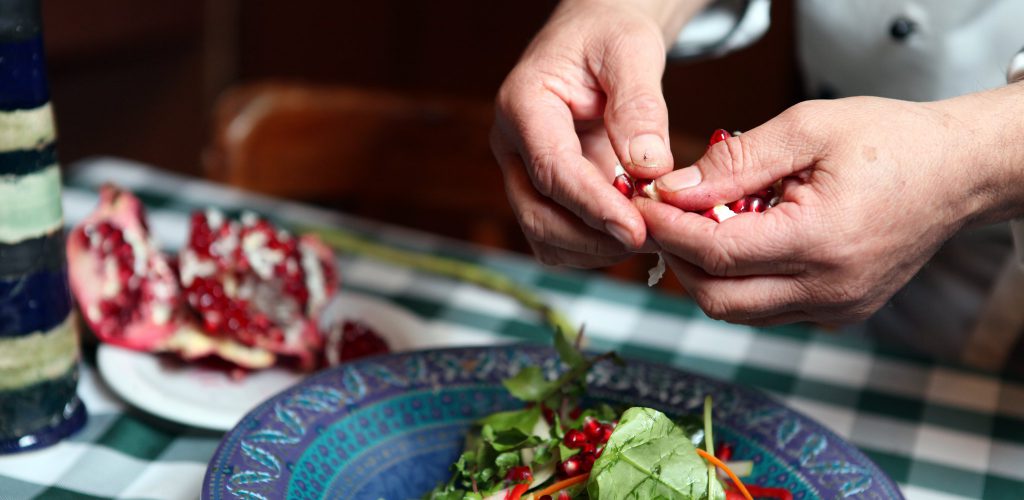

Likewise, the IFSN is lobbying to keep food costs low on items such as fruits, vegetables, whole grains, beans and legumes. They would also like to teach consumers how to prepare these foods. Food security and sustainability expert, Dr. Elliot Berry, who is a member of the IFSN steering committee points out that the Israeli Ministry of Health has adopted a Mediterranean food pyramid. This diet emphasizes “super-foods” like whole grains, fish, wine, pomegranates, figs, walnuts and extra-virgin olive oil – a sustainable diet in many ways with major health benefits, low environmental impacts, richness in biodiversity and positive local economic returns. Dr. Berry advocates raising public awareness about the dangers of “junk food” and encouraging healthy lifestyles.
Dorit Adler, head of the IFSN, calls attention to the fact that the lowest fifth of the Israeli population cannot afford to buy wholesome foods and has a 25 percent rate of diabetes. She agrees that the government should be making food less costly and more accessible to everyone. She further feels that nutritionists should be public-health promoters and policymakers.
Aside from the good works of the IFSN, Israel’s famous technologies in water, cybersecurity, food and agriculture are being utilized to reduce sugar, detect contamination, grow “clean” meat and grow modern wheat more sustainably. With all that is being done across different sectors in Israel, food insecurity will hopefully become a thing of the past.


Zero Hunger Don’t expect Israel to get all worked up about the arrival of the COP28 climate change summit in the UAE. The country has weightier
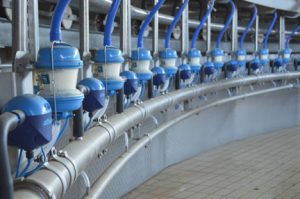

Zero Hunger The United Nations reports that nearly 2 billion people didn’t have access to safe and nutritious food last year. In fact, one of
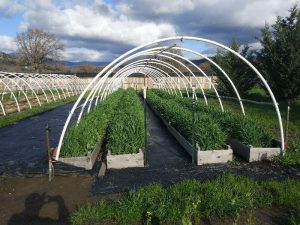

Zero Hunger ROOTS – Sustainable Agricultural Technologies Ltd. has been offering revolutionary products since its inception in 2012 and has helped countless farmers in the
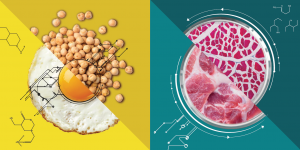

Zero Hunger The field of “Alternative Protein” or “Protein Substitutes” is a new and emerging field with significant growth in innovations and investments. A newly


Zero Hunger In the UN goal of ‘Zero Hunger,’ the aim truly is zero. In Ethiopia, Despite a 26.1% decrease in the Global Hunger Index
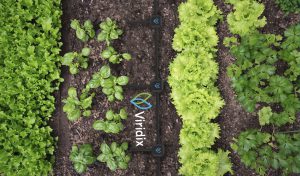

Zero Hunger Tal Maor, Founder and CEO of Viridix, is taken with tech, specifically AgTech. After more than twenty years in agricultural technology, Maor finally
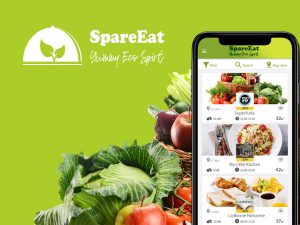

Zero Hunger In recognising food waste presents a fundamental problem to the food systems which we rely on, SpareEat is an Israeli-based company on a


Zero Hunger FoodTech is rapidly becoming a standout technology in Israel, and for good reason. With rising food prices alongside an epidemic of poor nutrition,
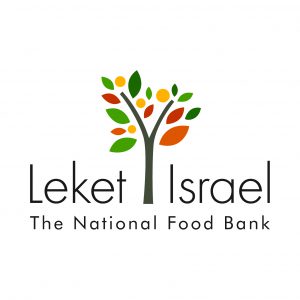

Zero Hunger “Leket Israel” Two initiatives of The National Food Bank, Leket Israel, are aimed at putting an end – or at the very least
Developed for the Betterment of Humanity
